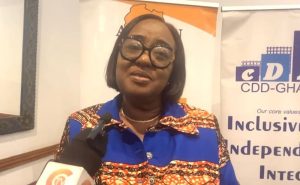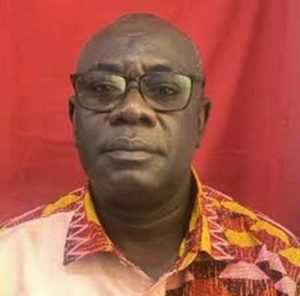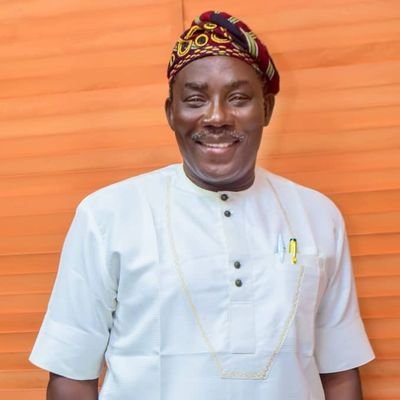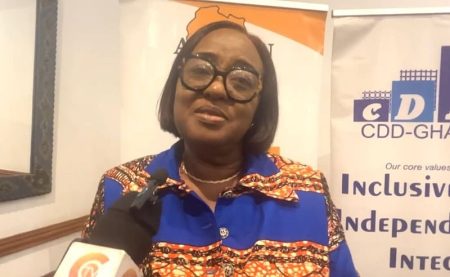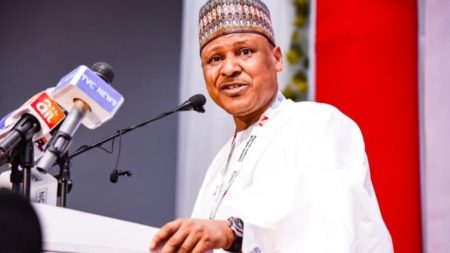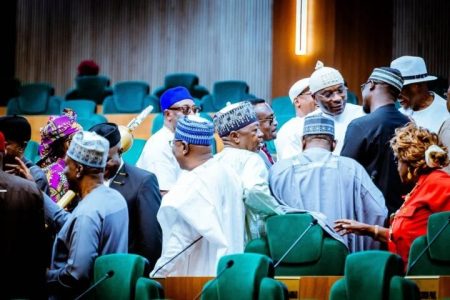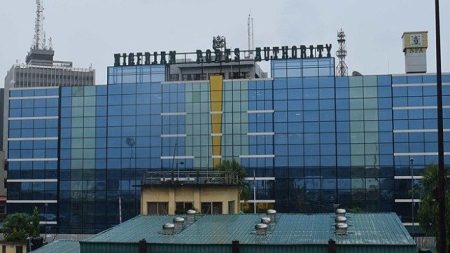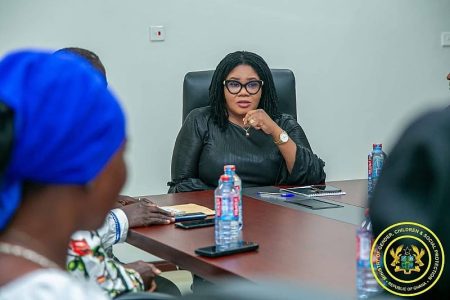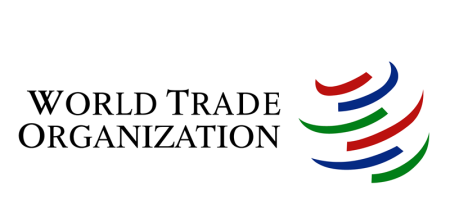The Ogun State House of Assembly has reinforced its dedication to enacting legislation to combat the escalating problem of gender-based violence (GBV) within the state. This commitment extends to safeguarding women and promoting the economic empowerment of vulnerable populations. Speaker Daisi Elemide articulated this stance during a parliamentary dialogue focused on GBV, gender mainstreaming, diversity, equity, and inclusion (DEI) legislative frameworks. The dialogue was a collaborative effort between the Ogun State Economic Transformation Project (OGSTEP), the Ministry of Women Affairs and Social Development, and the Women Advocates Research and Documentation Centre (WARDC). The Speaker emphasized the Assembly’s unwavering support for legal frameworks that empower women and other vulnerable groups to contribute meaningfully to the nation’s economic growth, highlighting their swift action on the DEI Bill.
The Speaker’s remarks underscore the Assembly’s proactive approach to addressing GBV and championing women’s rights. He reiterated their support for the “HeForShe” campaign, demonstrating their commitment to gender equality. The rapid first reading of the DEI Bill signifies the urgency with which the Assembly is approaching this critical issue. The Speaker encouraged women to continue advocating for their rights and to actively participate in shaping their future, emphasizing that power is earned, not granted. This message of empowerment serves as a rallying cry for women to persevere in their pursuit of equality and justice.
Commissioner for Women Affairs and Social Development, Motunrayo Adeleye, highlighted the significance of the parliamentary dialogue as a crucial platform for addressing critical societal issues that impact marginalized groups. She stressed the far-reaching implications of GBV, discrimination against Persons with Disabilities (PWDs), and child abuse, characterizing them not just as social concerns, but also as economic issues, public health crises, and a silent pandemic hindering development. Adeleye underscored the collective responsibility to break the silence surrounding these issues and to close the loopholes that allow perpetrators to operate with impunity. The dialogue is framed as a decisive opportunity to create lasting change and address these systemic failures.
Adeleye called for the robust implementation of existing laws designed to combat GBV and protect vulnerable populations. She emphasized that the effectiveness of these laws hinges on their enforcement, highlighting the disconnect between intentions and actions when laws are not enforced. The proposed DEI Commission Bill, comprising 45 sections, aims to establish a dedicated body to promote fairness, equal opportunity, and social justice. This commission is envisioned as a vital mechanism for preventing discrimination, ensuring the inclusion of marginalized groups in policy-making processes, monitoring relevant laws and institutions, advising the government, and collaborating with stakeholders to build a truly inclusive society.
Deputy Speaker Bolanle Ajayi, the sponsor of the DEI Bill, elucidated its core focus on eradicating all forms of discrimination and guaranteeing equal opportunities for all members of society. The bill’s objective is to establish a commission that will act as a champion for fairness and social justice, particularly for historically marginalized groups such as women, children, PWDs, youth, and minorities. This commission is designed to address systemic inequalities and ensure that all individuals have the opportunity to participate fully in society. The bill represents a significant step towards creating a more equitable and inclusive environment for all.
Dr. Abiola Akiyode-Afolabi, founder of WARDC, expressed concern over the escalating GBV rates within the state. She emphasized the potential of the DEI Bill to effectively address this menace and empower women to claim their rightful place in society. The OGSTEP Project Director, Mrs. Mosunmola Owo-Odusi, highlighted the project’s achievements in training and empowering thousands of women, supported by World Bank funding. In addition, OGSTEP has established four Sexual Assault Referral Centers (SARCs) across the state, providing comprehensive care, legal assistance, and referral services for survivors of GBV. Owo-Odusi appealed to the Assembly for increased budgetary allocation for initiatives focused on protecting women and other vulnerable groups, emphasizing the importance of legislative support in securing necessary resources.



